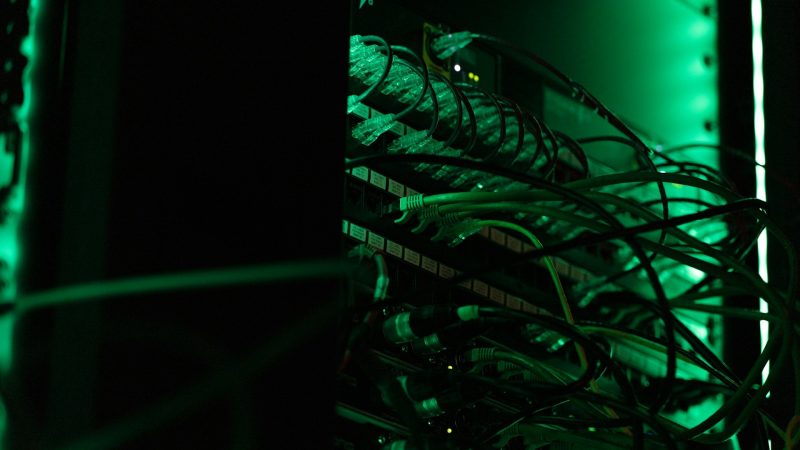

By summer, with the unveiling of Llama 2, open-source generative models had levelled the playing field with their proprietary counterparts regarding code generation and chat functionalities.
The Connection to WordPress Malware
As always, hackers and botnet operators seek new avenues to enhance their operations. The adaptability of open-source LLMs provides a potential tool for these actors, allowing them to produce malicious software on par with their benign counterparts. WormGPT is a noteworthy example of how generative AI can be harnessed for malicious purposes.
Why WordPress Owners Should Take Notice
Most security tools rely on various static signatures – whether it be files, code structures, or behavior signatures – to detect and counteract malware. The prevailing thought is that attackers may avoid the effort required to devise new malware. While obfuscation techniques give them the ability to tweak the malware’s code and structure, most security tools can counter these changes. This leaves the attackers with a challenge: creating entirely new malware code. Here, generative AI offers them an advantage, potentially placing them a step ahead of conventional security measures.
Staying Ahead of AI-Generated Malware
When confronted with advanced threats, it’s only natural to seek even more advanced protections. As we approach 2024, the cybersecurity community agrees that the future of protection for platforms like WordPress, Drupal, and Joomla lies in AI-based malware scanners.
For those looking to fortify their defenses against these emerging threats, solutions are on the horizon. One notable player in the security industry, BitNinja, has been harnessing AI to ensure the digital safety of websites. Their latest offering boasts a refactored malware detection engine augmented with an AI scanner. This powerful tool, backed by the might of a supercomputer, promises users top-notch security without the need for specialized hardware, all thanks to BitNinja’s innovative cloud-based approach.
Handling Malware Injections
A popular technique among hackers is injecting malicious code into benign files. Such dormant malware can be activated by specific triggers, offering hackers unfettered access. Addressing this challenge without compromising website functionality is crucial. The key is to clean the files while ensuring the original content remains unaffected. AI, with its advanced detection capabilities, offers a promising solution to this problem.
Summary
Generative AI once represented a frontier of technological advancement. Now, as we witness its potential in both beneficial and malicious applications, the importance of staying ahead in the cybersecurity game becomes clear. For those seeking to protect their digital assets in this rapidly evolving landscape, BitNinja’s AI-enhanced solutions may offer a promising way forward.








